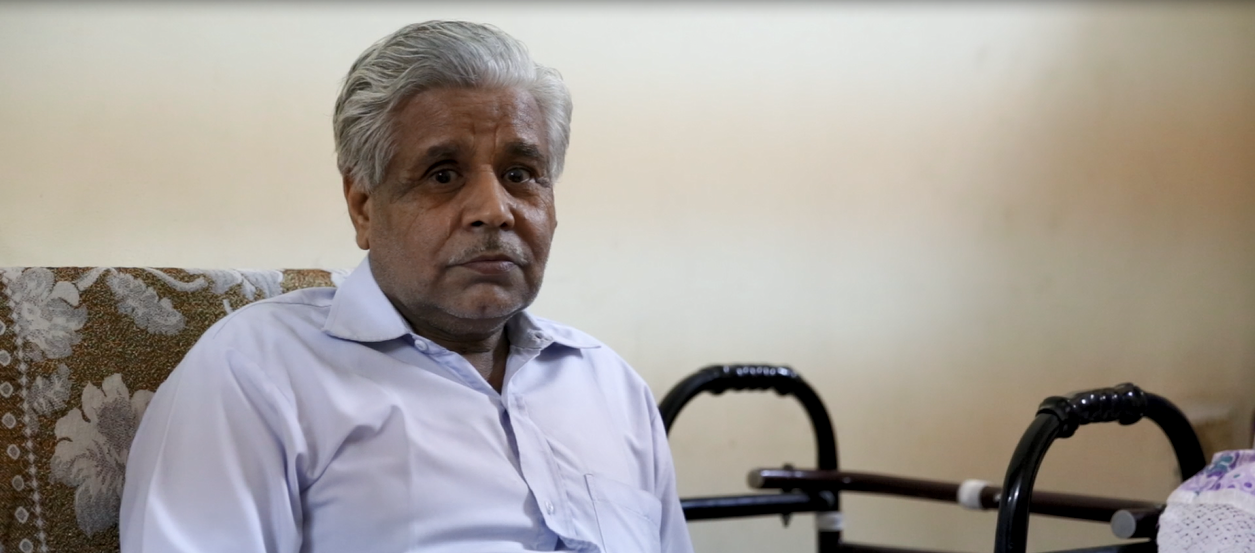
Study reveals a need for national guidelines and standardized protocols of care for older people with hip fractures in India
Our research on hip fracture in older adults reveals vital gaps in the management of older people with hip fractures against the recommended best practices.
Hip-fracture in older adults is one of the major public health issue in India and requires high quality of interdisciplinary care. The global burden of hip fractures is estimated to increase significantly from an around 1.7 million in 1990 to 6.3 million in 2050. These increases are primarily the consequence of improved life expectancy, especially in emerging economies.
It is projected that by 2050 nearly half of all hip fractures will occur in Asia, particularly in India and China.
We investigated evidence-practice gaps in hip fracture care in three major hospitals in Delhi, and document current practices, identify barriers and facilitators to adopting best practice guidelines and recommend improvements in the management of older adults with hip fractures. A total of 136 patients, 74 (54%) men and 62 women, with hip fracture, were identified in the three participating hospitals during the recruitment period.
Out of the 136 patients identified, only 85 (63%) were admitted for treatment with a mean age of 66.5 years. Of these, 30% received surgery within 48 h of hospital admission, 95% received surgery within 39 days of hospital admission and two (3%) had died by 30 days of injury.
The findings show huge difficulty of patients with hip fractures in having access to hospital care, from the pre-hospital services to hospital admission and surgery— which demands improvements in the entire Indian healthcare system. The development and implementation of national guidelines and standardized protocols of care for older people with hip fractures in India has the potential to improve both care and patient-related outcomes.
According to the healthcare providers, inadequate resources and overcrowding prevent adequate caring of the hip fracture patients. They unanimously felt the need for protocol-based management of hip fracture in India.
Talking about this study, Dr Lalit Yadav, Research Fellow, The George Institute for Global Health, India said,
“Hip fracture in older adults is a significant public health issue requiring multi-disciplinary care. Adopting best practice guidelines can reduce mortality, improve quality of life and decrease the cost of care. This study facilitates the development of evidence based strategies to improve the management and outcomes of hip fractures in India”
“Early adoption of best practice guidelines and protocol-based care in low- and middle-income countries may have the potential to reduce the risk of mortality and cost of care and improve quality of life for older adults with hip fracture”.
Management of older adults with hip fracture requires implementation of complex interventions with a co-ownership approach of the healthcare providers, policy makers, patients and others who must operationalize them beyond formal clinical setting.
Health systems strengthening approach and a protocol-based care could enable achieving minimum standards of hip fracture care in India. Also, hip fracture audit trials can be developed to provide the evidence for data-driven policy across Delhi and India which in turn will inspire wider use of protocol-based care pathways for hip fractures and other high burden health care issues.



